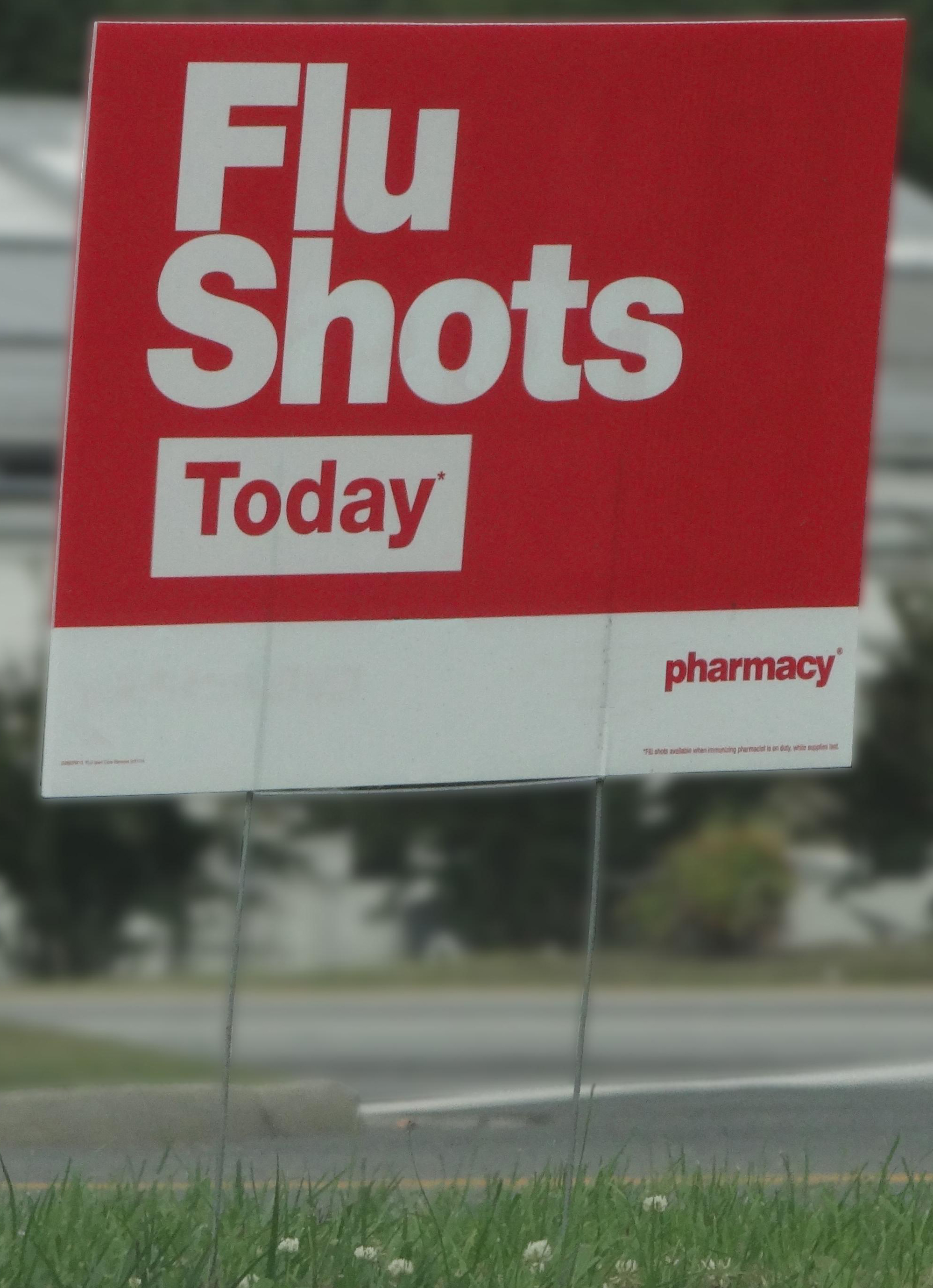Last Updated on October 21, 2024
by Mark A. Kelley, M.D.
This blog previously appeared on HealthWeb Navigator.
All of us should understand our own health care costs. However, the issues can be complicated: e.g. insurance premiums, deductibles, co-pays etc.
Physicians have a different perspective. Like any professional, they focus on how they are paid. Insurance companies require doctors to submit many details with their bills. Physicians rely on sophisticated billing systems to furnish that information, because without it, they are not paid. In a nutshell, patients worry about paying the bills and doctors worry about sending out the bills.
This raises a key question. How much do doctors know about your insurance and what you must pay?
Of course, the doctor can explain his/her own bills to you. Your doctor’s office has checked your insurance and knows what how they should bill your insurance company. Surprisingly, the doctor may not know much your hospital insurance coverage, or your deductible. Most physicians and their staffs have not been trained to gather this information because it does not affect physician payment. .
But things have changed. With high deductible insurance plans, patients have more risk for out-of-pocket costs. A blood test, x-ray or medication can come with a large bill if it drops into your deductible.
The prices may astound you. A friend recently enrolled in a high deductible insurance plan. She refilled prescription, which previously cost her a $40 co-pay. With her new insurance, she had to pay $250 for the same refill because it was part of her deductible. The price was so high because the insurance company passed all the drug cost on to her.
Why is this important? It is wise to know what you are paying for — and health care is no exception. Health care bills can mount quickly and squeeze the family budget. Sometimes, families face the tough choice of either paying the rent or seeing the doctor.
Physicians are seeing more of their patients struggling with health care bills. This pressure may discourage them from seeking medical care. Tight finances are becoming a health care risk, even for families with decent incomes.
How can patients and doctors work together to control the “costs of care”?
Here are a few suggestions:
- Know the details of your own insurance policy, especially “out-of-pocket costs” — such as co-pays, coinsurance and deductibles. If you have any questions or concerns, contact your insurance company.
- When your doctor recommends a test, procedure, or treatment, make sure you know what it involves, why you need it, how effective it will be and how soon it must happen. These are questions that any good doctor would be glad to answer. The timing of the test or procedure may be important if you have already paid out your deductible before the end of the year. In that case, you may not have to pay anything for the service.
- Cost may (or may not) influence your decision to get a test or procedure. For example, for an urgent life-saving procedure, cost may not even enter your mind. However, some tests or procedures may not be so convincing. In those cases, cost might influence your decision. If so, discuss the cost issue with your doctor who may suggest less expensive alternatives. The timing, location and type of service may all influence the cost: most often for planned (elective) procedures, x-rays or some medications.
- If health costs worry you, talk to your doctor. Don’t be afraid to bring up the issue. You are not alone. Many more patients are asking about costs these days. Physicians welcome solving these challenges with you. They can be very helpful if they understand your concerns.
Learn how physicians are addressing this problem on the website Costs of Care.





